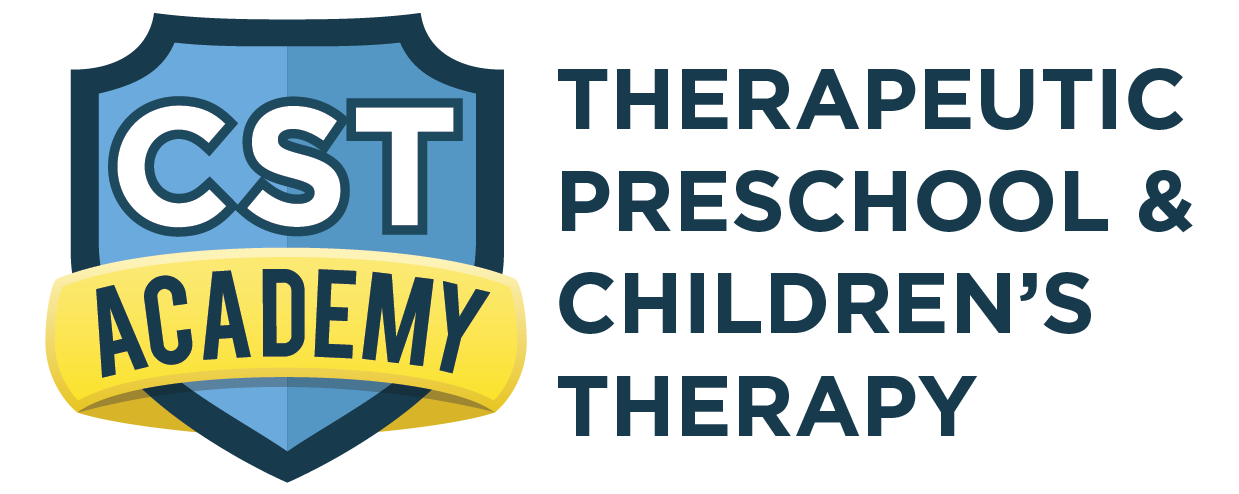A Speech-Language Pathologist (SLP), or Speech Therapist, is a professional in speech and language development and therapy. There are SLPs that work with children to the elderly. Some SLPs work in hospitals, clinics, and nursing homes; others in schools, in client’s homes, and private practices.
SLPs treat speech disorders and language disorders, as well as oral-muscular disorders and feeding disorders. A speech therapist might see patients for articulation, apraxia, pragmatic language, swallowing difficulties, etc. Speech-Language therapy covers a lot of disorders, developmental delays, and challenges that affect a variety of people.
It takes a lot of education and skill to become an SLP. Most SLPs begin their studies during their bachelor’s programs through coursework in Communication Sciences and Disorders. Education continues with a two-year Master’s program in Speech-Language Pathology and a year of fellowship work. This competitive field requires candidates to be smart, sociable, caring and passionate.
Pediatric Speech-Language Pathologists focus on helping children with health and development needs. Beginning speech therapy at a young age, particularly 0-5 years old, is critical for later language and speech development. Speech and Language development also effects many other developmental milestones within a child’s growth. Delayed speech can lead to educational delays, problem-solving, difficulty reading and struggling with social skills.
SLPs can play a multidisciplinary role, especially when working with young children and infants for treatment. Speech therapy can also include physical and occupational therapies, as well as special education practices for children with conditions like Autism and Down Syndrome. Speech therapists play a large role in child social development and interaction. Certain individual therapies, group therapy environments, and speech-language increases a child’s social development and awareness. Speech therapy can change many aspects of a child’s life.
A growing therapy location is through therapeutic day schools and therapy preschools. These programs allow for an increase of therapeutic sessions per child, social development, and a variety of therapy practices. Many of these programs are lead by experienced SLPs, with the support of Occupational Therapists and Developmental Therapists. Some programs intermix the therapy techniques to seamlessly transition therapeutic techniques into developmental playtime and activities. Other programs section off parts of the day to certain therapies and rotates through different services in small groups.
Speech therapy and SLPs are incredibly prevalent at therapeutic school programs and care facilities. The multidisciplinary nature of their field lends itself well to leading programs and activities to target each child’s individual needs in a social atmosphere. Speech-language therapeutic programs also allow children getting one-on-one therapy another means of development and challenge; many of which have seen exponential growth. SLPs, speech and developmental therapy, and therapeutic day programs truly go hand in hand when it comes to the success of child progress.
Are you interested in receiveing free information, speaking with Karen, or scheduling a free tour? If so, Click Here












